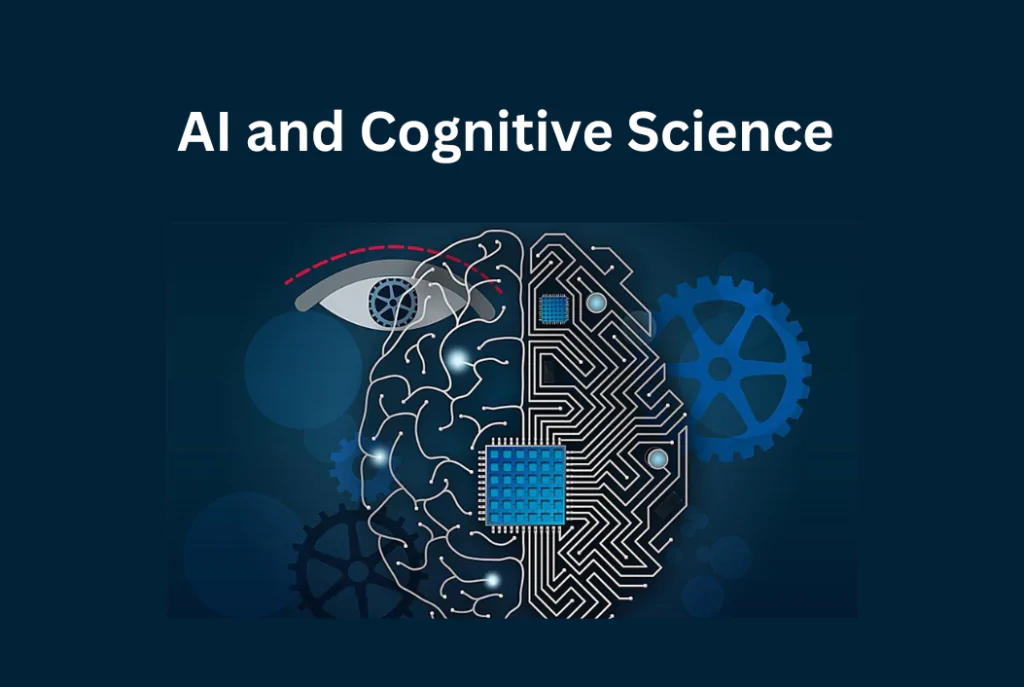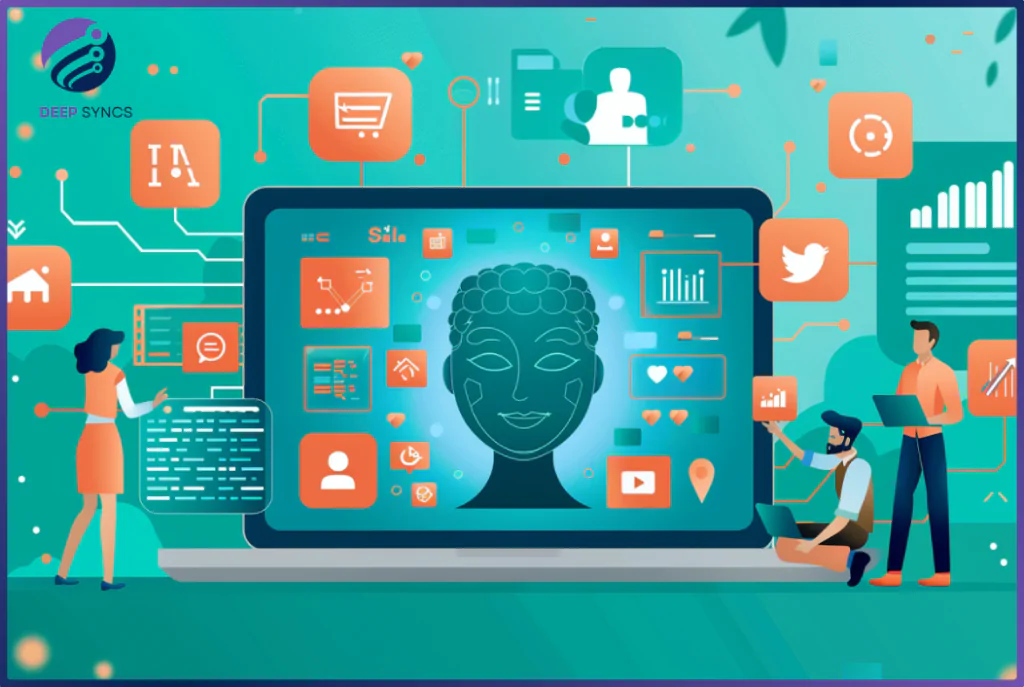Introduction
Artificial Intelligence (AI), a burgeoning field encompassing the development of systems capable of performing tasks that typically require human intelligence, has significantly impacted Cognitive Science, the interdisciplinary study of the mind and its processes. Understanding the intersection of AI and Cognitive Science necessitates a grasp of their individual definitions and how they converge.
Defining Artificial Intelligence (AI)
AI refers to the simulation of human intelligence processes by machines, predominantly computer systems. These processes include learning, reasoning, and self-correction. AI encompasses a spectrum of techniques from simple if-then rules to complex machine learning algorithms.
Defining Cognitive Science
Cognitive Science is an interdisciplinary field that explores the nature of cognition, encompassing psychology, neuroscience, linguistics, philosophy, and computer science. It seeks to understand how the mind processes information, makes decisions, and interacts with the environment.
Intersection of AI and Cognitive Science
The intersection of AI and Cognitive Science lies in the mutual goal of understanding and replicating intelligent behavior. AI provides tools and frameworks for modeling cognitive processes, while Cognitive Science offers insights into human cognition, inspiring AI advancements.
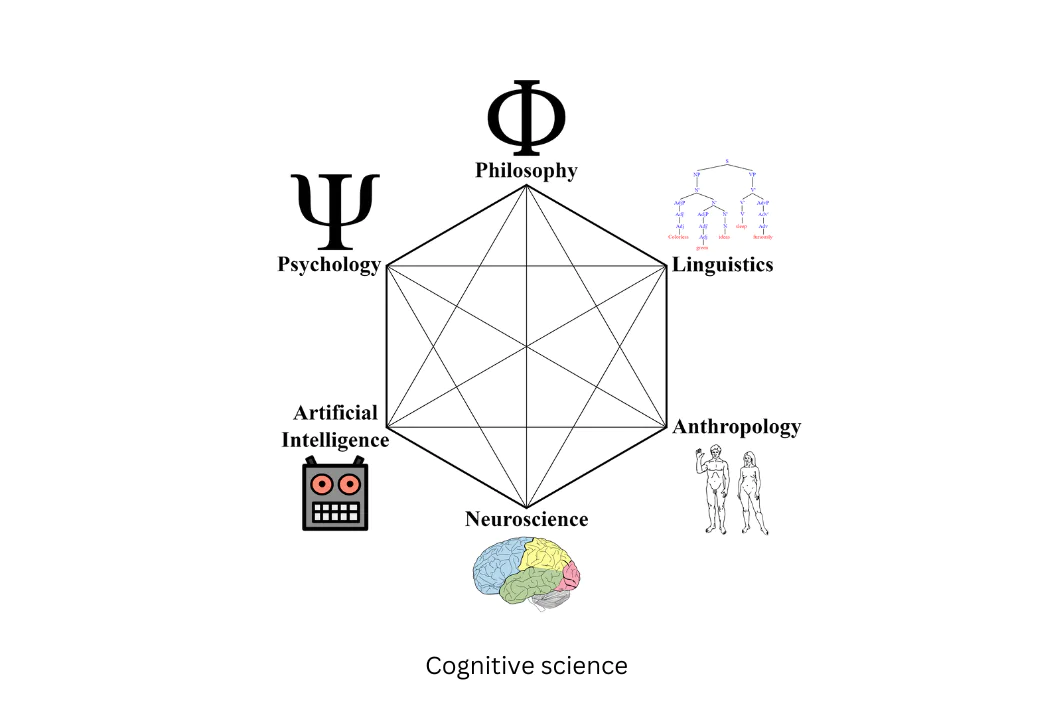
Historical Perspectives
Early AI Contributions to Cognitive Science
Early AI research, dating back to the 1950s and 1960s, contributed foundational concepts to Cognitive Science. Pioneering work such as Allen Newell and Herbert Simon’s “Logic Theorist” and John McCarthy’s development of Lisp programming language laid the groundwork for understanding human thought processes.
Milestones in AI Development
Key milestones in AI development, including the creation of expert systems in the 1970s and the resurgence of neural networks in the 1980s, have shaped Cognitive Science by providing computational models for cognitive phenomena. Breakthroughs like IBM’s Deep Blue defeating world chess champion Garry Kasparov in 1997 showcased the potential of AI in emulating human cognitive abilities.
Evolution of Cognitive Science with AI Integration
The integration of AI into Cognitive Science has propelled the field forward, enabling researchers to simulate and study cognitive processes in silico. This integration has led to the development of cognitive architectures and computational models that elucidate how the mind functions.
Understanding Cognitive Processes
Perception and Sensory Processing
Perception and sensory processing, fundamental aspects of cognition, have been elucidated through AI models. Neural networks, inspired by the structure of the brain, have been instrumental in replicating perceptual processes, such as image and speech recognition.
AI Algorithms for Attention Mechanisms
Attention mechanisms, crucial for directing cognitive resources to relevant stimuli, have been modeled using AI algorithms like attention-based neural networks. These models simulate selective attention and demonstrate how cognitive systems prioritize information.
Consciousness in AI Systems
While replicating consciousness remains elusive, AI systems have been designed to exhibit rudimentary forms of awareness and self-monitoring. Research in artificial consciousness explores the potential for AI to develop subjective experiences akin to human consciousness.
Language and Communication
Natural Language Processing (NLP)
NLP, a subfield of AI, focuses on enabling computers to understand, interpret, and generate human language. AI applications in NLP, such as language translation and sentiment analysis, have revolutionized communication and language processing.
AI Agents and Social Simulation
AI agents, virtual entities imbued with intelligence, are utilized in social simulations to study human behavior and interaction patterns. These simulations provide insights into social dynamics and contribute to the development of AI with social intelligence.
Emotional Intelligence in AI
Advancements in AI have led to the exploration of emotional intelligence, the ability to perceive, understand, and manage emotions. AI systems equipped with emotional intelligence can interact empathetically with users, fostering more human-like communication.
Memory and Learning
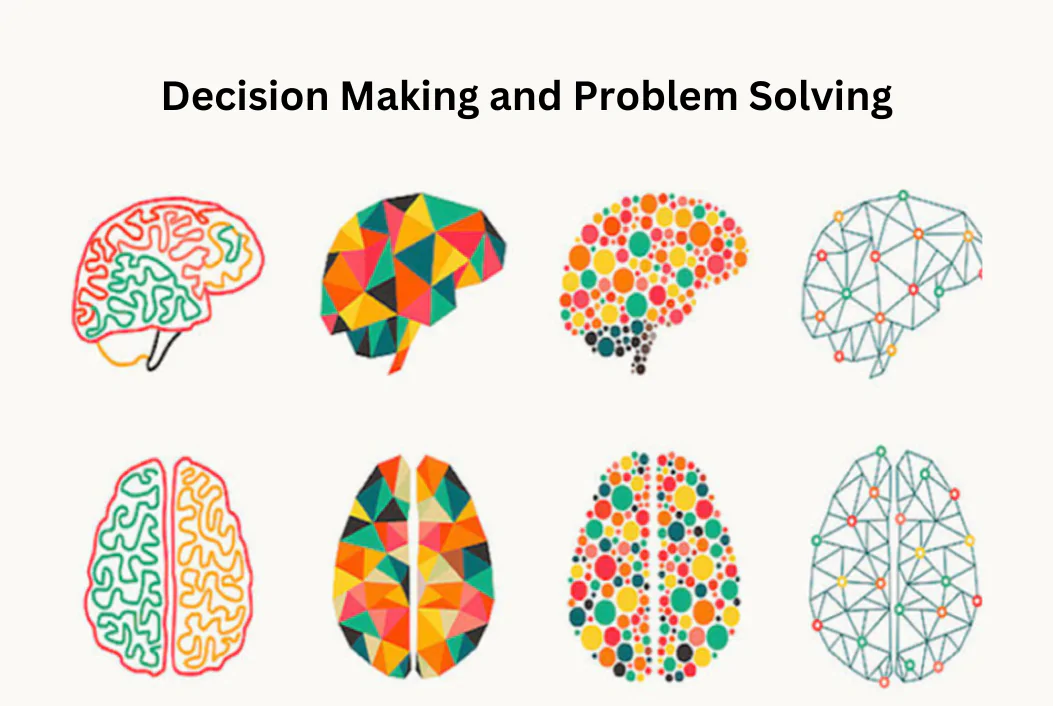
Memory Models in AI
AI employs various memory models, including neural network approaches like recurrent neural networks (RNNs) and long short-term memory (LSTM) networks, to simulate human memory processes. These models enable AI systems to store and retrieve information efficiently.
Reinforcement Learning
Reinforcement learning, a type of machine learning, mimics the way humans learn through trial and error. AI systems trained using reinforcement learning algorithms adapt their behavior based on feedback from the environment, akin to human learning mechanisms.
Cognitive Development in AI Systems
The concept of cognitive development in AI systems parallels human cognitive development, with AI agents progressing from simple reactive behaviors to more complex cognitive abilities through interaction with the environment.
Decision Making and Problem Solving
AI Decision Making Models
AI employs diverse decision-making models, including Bayesian networks and heuristic approaches, to make informed choices in uncertain environments. These models enable AI systems to weigh multiple factors and arrive at optimal decisions.
AI Problem Solving Paradigms
Problem-solving paradigms in AI, such as search algorithms and constraint satisfaction, enable machines to tackle complex problems by breaking them down into manageable sub-problems. Cognitive architectures in AI systems integrate problem-solving strategies with other cognitive processes.
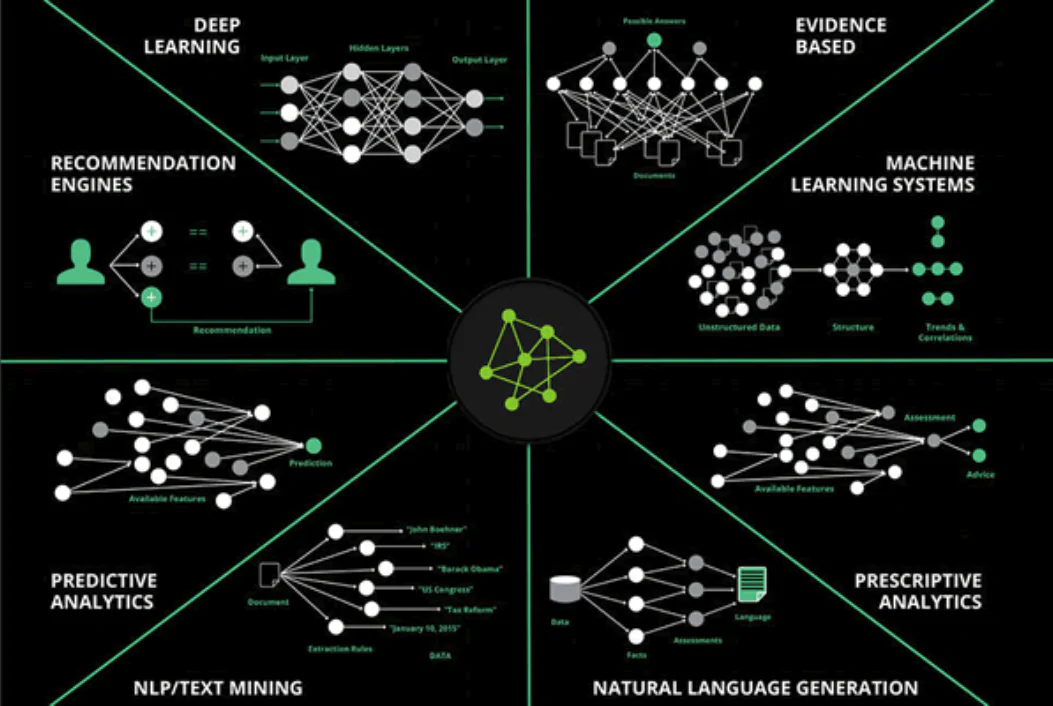
Neuroscience and AI Integration
Neural Correlates of AI Models
Studying the neural correlates of AI models elucidates the underlying mechanisms of artificial intelligence and provides insights into brain function. Brain-inspired AI architectures leverage principles of neuroscience to design more efficient and adaptable systems.
Brain-Computer Interfaces (BCIs)
BCIs establish direct communication pathways between the brain and external devices, facilitating bidirectional interaction between humans and AI systems. Integrating BCIs with AI enhances cognitive capabilities and opens avenues for novel applications in healthcare and beyond.
Ethical Considerations
Bias and Fairness in AI
Addressing bias in AI is paramount to ensuring equitable outcomes in cognitive models and decision-making systems. Fairness-aware algorithms and ethical guidelines promote transparency and mitigate discriminatory biases in AI applications.
Privacy and Data Security
Protecting cognitive privacy and ensuring the secure handling of cognitive data are ethical imperatives in AI development. Robust data governance frameworks and encryption techniques safeguard sensitive information from unauthorized access and misuse.
Benefits of Cognitive Science
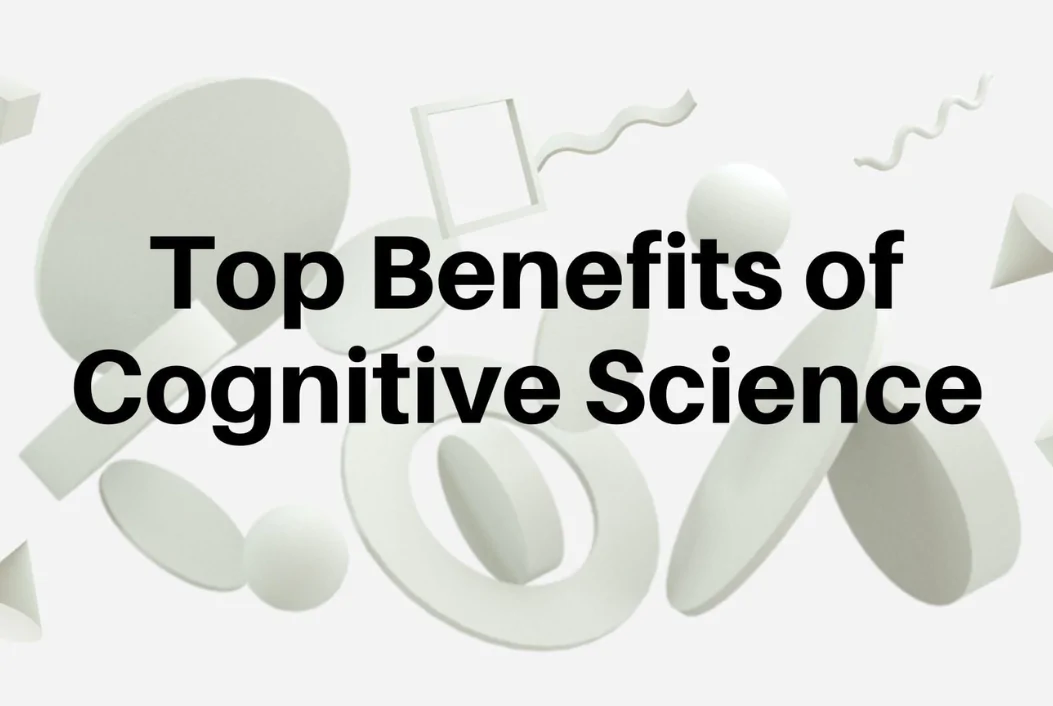
Future Directions
Hybrid AI-Cognitive Systems
The future of AI and Cognitive Science lies in the integration of human and artificial cognition, creating hybrid systems that leverage the strengths of both. This symbiotic relationship promises transformative applications across various domains, albeit with inherent challenges.
Advancements in AI Technologies
Emerging technologies such as quantum computing and neuromorphic computing hold promise for advancing AI and Cognitive Science. Quantum computing’s exponential processing power and neuromorphic computing’s brain-inspired architectures herald a new era of cognitive computing.
Quantum Computing and Cognitive Science
Quantum computing, a revolutionary paradigm that leverages the principles of quantum mechanics to perform computations, presents unprecedented opportunities for advancing cognitive science. Traditional computers operate on classical bits, representing information as binary digits (0s and 1s). In contrast, quantum computers utilize quantum bits or qubits, which can exist in multiple states simultaneously due to superposition and entanglement.
The application of quantum computing in cognitive science holds the potential to accelerate complex simulations of neural networks and cognitive processes. Quantum algorithms can exponentially speed up computations, allowing researchers to model intricate brain functions with unprecedented detail and accuracy. Furthermore, quantum machine learning algorithms enable the efficient analysis of vast datasets, facilitating insights into the underlying mechanisms of cognition.
Moreover, quantum computing offers novel approaches to optimization problems, which are prevalent in cognitive science research. Optimization algorithms, essential for tasks such as neural network training and parameter optimization, can benefit from the inherent parallelism and probabilistic nature of quantum computation, leading to faster and more efficient solutions.
In essence, quantum computing stands at the forefront of revolutionizing cognitive science by unlocking new avenues for modeling, simulation, and understanding complex cognitive phenomena.
Neuromorphic Computing and AI Development
Neuromorphic computing, inspired by the architecture and functionality of the human brain, represents a paradigm shift in AI development. Unlike traditional von Neumann architecture, which separates memory and processing units, neuromorphic computing architectures integrate memory and processing elements, mimicking the distributed and parallel nature of neural networks.
The emulation of neural structures and synaptic connections in neuromorphic hardware enables AI systems to exhibit brain-like learning and adaptation capabilities. Neuromorphic chips, designed to efficiently process spiking neural networks, excel at tasks that require low-power consumption and real-time processing, making them ideal for edge computing and sensory data processing applications.
Furthermore, neuromorphic computing facilitates the development of neuromorphic algorithms and models that leverage principles of biological cognition. These algorithms enable AI systems to learn from sparse and noisy data, adapt to changing environments, and exhibit robustness to hardware faults and variability.
Conclusion
In conclusion, the impact of artificial intelligence on cognitive science is profound and multifaceted. From elucidating cognitive processes to enabling novel applications, AI has reshaped our understanding of the mind and its mechanisms. As we navigate ethical considerations and chart future directions, the synergy between AI and cognitive science holds immense potential for innovation and discovery.
FAQ
1. What is Artificial Intelligence (AI) and Cognitive Science?
-
Artificial Intelligence (AI): AI refers to the simulation of human intelligence processes by machines, encompassing tasks such as learning, reasoning, and self-correction.
-
Cognitive Science: Cognitive Science is an interdisciplinary field that studies the nature of cognition, including psychology, neuroscience, linguistics, philosophy, and computer science.
2. How has AI contributed to Cognitive Science historically?
- Early AI research in the 1950s and 1960s laid the groundwork for understanding human thought processes. Milestones in AI development, such as the creation of expert systems and neural networks, have shaped Cognitive Science by providing computational models for cognitive phenomena.
3. What are some key areas of cognitive processes explored in the article?
- The article delves into perception and sensory processing, attention and consciousness, language and communication, memory and learning, and decision-making and problem-solving, highlighting the intersection of AI and Cognitive Science in each domain.
4. What are some examples of AI applications in language processing and social interaction?
- AI applications in language processing include natural language processing (NLP) for language translation and sentiment analysis. In social interaction, AI agents are utilized in social simulations to study human behavior and interaction patterns.
5. How do AI systems simulate memory and learning mechanisms?
- AI employs memory models such as neural networks and learning mechanisms like reinforcement learning to simulate human memory processes and learning behaviors. These models enable AI systems to store information efficiently and adapt their behavior based on feedback.
6. What ethical considerations are addressed in the article?
- The article discusses bias and fairness in AI, emphasizing the importance of addressing bias in cognitive models and decision-making systems. It also highlights privacy and data security concerns in AI development, advocating for robust data governance frameworks and encryption techniques.
7. What are some future directions in AI and Cognitive Science?
- The future of AI and Cognitive Science involves the integration of human and artificial cognition to create hybrid systems. Emerging technologies such as quantum computing and neuromorphic computing hold promise for advancing AI and Cognitive Science, paving the way for transformative applications and discoveries.
8. How does the article conclude the impact of AI on Cognitive Science?
- The conclusion reflects on the profound and multifaceted impact of AI on Cognitive Science, from elucidating cognitive processes to enabling novel applications. It emphasizes the synergy between AI and cognitive science, highlighting the potential for innovation and discovery in future research and development endeavors.
Learn more about AI Tools and AI Blogs.
